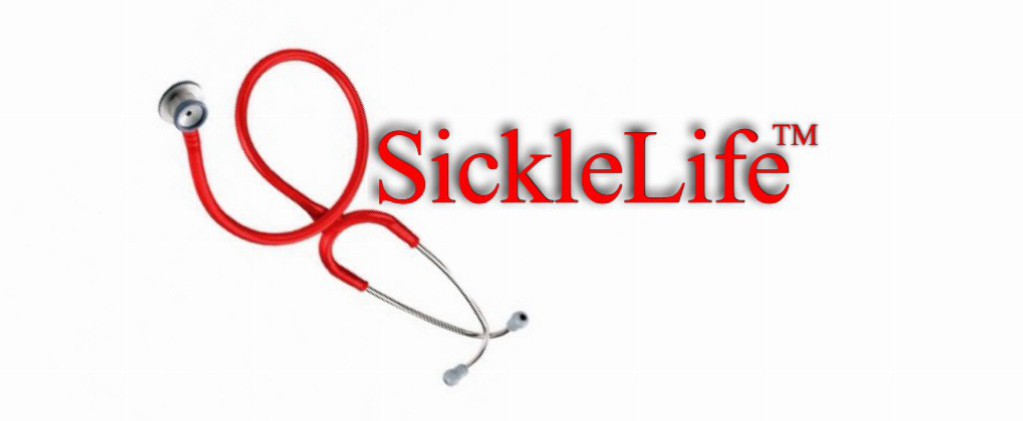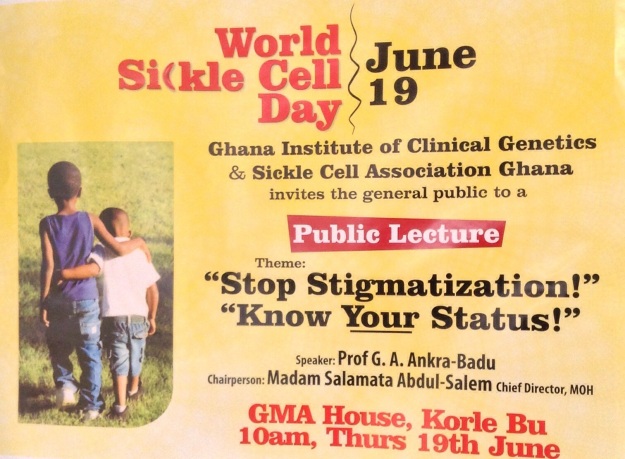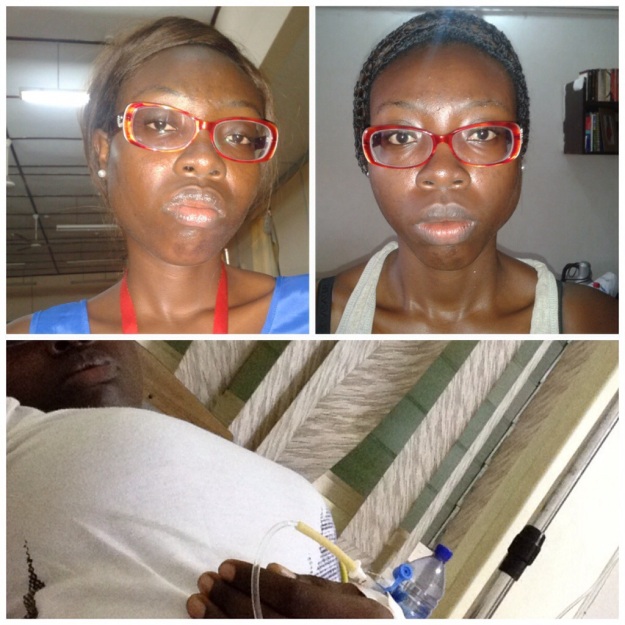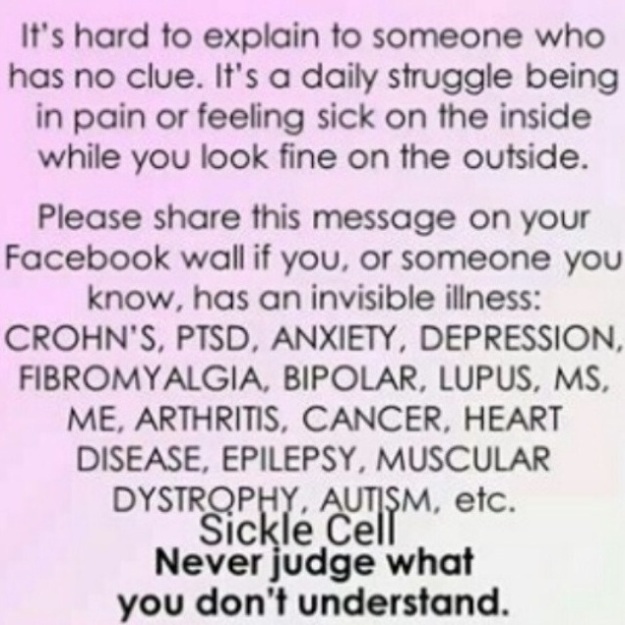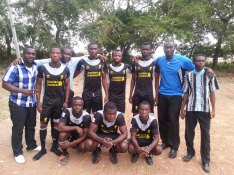Guys and girls, we are so different. Aptly stated, men are from Mars and women, from Venus. No kidding! Anytime I mention what I look at in a guy, my male friends go like, “guuurllll you are just weird.” Apparently, a typical guy has a keen interest in a woman’s well, “back pockets” and that-other-one. Females however, oh it is such a spectrum. Girls be looking at sideburns and toe nails and back to lips and and… There are just so many things different girls are interested in, an instant turn on or put off. Wondering why that date went so well but she didn’t want to see you again? Huh, maybe, just maybe it was the toe nails.
Now me, I am an eye girl. Yeah, quite apart from all the intangibles, I like eyes. I know, eyes? Yes eyes! Now, you are probably wondering, how-the-hell does a person like eyes? Well, let me explain.
It probably has to do with the fact that I happen to be one of those kids who wore those super thick spectacles with the rope behind the neck from a very early age. Oh, I was 7 and absolutely detested my glasses. All I wanted, was to see without them, like the other kids. I just did not understand why I could not see without those truly atrocious spectacles, which by the way made any attempts at sports, an absolute nightmare.
Turns out, I had a refractive error, myopia (that means I am short/near sighted). Very near sighted actually. No prizes for guessing how near sighted I am. Let’s just say, by the WHO classification, I am severely visually impaired. Thankfully my visual impairment is corrected. I happen to have high index, photochromic, anti-reflect lenses. These babies have to be a life saver of sorts. Thanx to them I don’t have to walk around with glasses as thick as the base of coke bottles, and in addition they serve the added role of protecting my eyes from the harsh tropical sun and the migraine inducing glare from all my devices, given that I do stare at screens for very long periods. Oh, and thank God for the whole geek-chic trend, I can still look trendy with my glasses and dress it up.
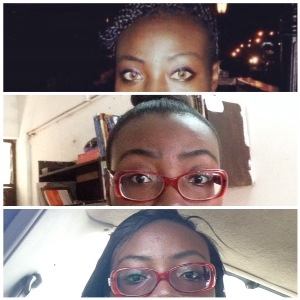
Did I hear geek-chic, just me in my contact lenses and yeah my all time favorite spectacles. (Wearing these babies has never been cooler, *wink,
Back track, so, I was in second grade and grossly underperforming. Could have easily been diagnosed with one learning disorder or the other and my life would have followed a totally different course. All it was, I could not see. I could not understand anything in school because I could not see and I was writing a whole lot of jibberish because, you guessed, I could not see anything on the chalk board. So yeah, being about the only seven year old kid wearing ugly glasses and hating them and wishing I could just take them off, you can certainly understand why I was fascinated with eyes. Especially my ‘malfunctioning pair’. For some reason I always found myself staring into people’s eyes and wondering “why me?”
So you see, I am very interested in the eye as the organ of vision, and equally keen on preserving mine. Now to the present day, almost. Three years ago my haematologist, sent me off to see an ophthalmologist, because of frequent ‘eye complaints’ and thus the journey begun. Turns out, just by having sickle cell disease I could lose my vision. I know, it’s absurd! This sickle cell thing keeps cropping up in the weirdest of places. Even worse, being that my genotype is SC, I am at an increased risk of developing SICKLE CELL RETINOPATHY. (Slumps onto desk and screams, *insert expletives*) Ok now that we are calm, let’s get on with it…
Yes, I was in medical school, and somehow, of the many complications of sickle cell disease I had read, this one had simply escaped me. Call it small print. I really was in awe. Anyways, in addition to all the other medical appointments I had to keep, now there were the-painfully-long-and-blurry-vision-inducing biannual routine fundoscopy appointments with the ophthalmologists. Frankly, It was after my rotation in ophthalmology that I fully grasped what sickle cell retinopathy is and it’s life altering consequences, considering so many, even “the enlightened” are unaware of its existence.
So now you are probably wondering WHAT IS SICKLE CELL RETINOPATHY?
Well, retinopathy in general, is damage to the RETINA, (i.e. the “seeing” part of the eye which is located at the back and contains several layers which have nerves and small blood vessels coursing through them. The retina captures light and images so that you can see.)
Retinopathy is caused by several factors which may be acute or may have been occurring gradually over time (chronic).
It is usually seen as an ocular manifestation of systemic diseases such as diabetes, hypertension and of course SICKLE CELL DISEASE, it also occurs in some premature babies and acutely, after eye trauma.
Eye problems caused by the sickle red blood cells can be found in all types of sickle cell disease but are MORE COMMON in older children and adults with HbSC and HbSbetaThalassemia. These eye problems, beyond retinopathy, include cataract, hyphema (bleeding into the front part of the eye), iris infarcts and atrophy.
CAUSES:
The ocular manifestations of sickle cell disease are due to vascular occlusion (blockage of vessels) as occurs in other parts of the body. Sickle red blood cells can get trapped inside the small blood vessels in the retina. This can in turn cause:
1. A decrease in blood flow, leading to damage of the retina which may be permanent.
2. Bleeding in the eye.
– When blood vessels are blocked, the eye makes new vessels to replace the blocked vessels.
– These new vessels are thinner and weaker and may easily bleed.
– The bleeding causes damage to the retina. Bleeding can also cause the retina to become loose from the rest of the eye. This is called RETINAL DETACHMENT
NB. Damage to the retina MAY cause changes in eyesight, which if not treated, may result in BLINDNESS.
Sickle cell retinopathy unlike the typical vaso-occlusive crises most patients have come to be accustomed to may be asymptomatic at the onset. Symptoms generally manifest in later stages, it is thus essential for persons living with sickle cell disease to see an ophthalmologist routinely to prevent the sudden vision loss that occurs in later stages.
When retinopathy becomes worse,symptoms that may occur include:
– Flashes and dark shadows in some parts of your vision (floaters)
– Blurred vision
– Sudden loss of vision
– Pain in the eyes
REMEMBER, you don’t want to wait to start experiencing symptoms before you see your ophthalmologist (because this may indicate advanced disease).
If however your experience changes in your vision, or any of the other symptoms you need to go to the hospital immediately. You may either go to your ophthalmologist (if you have one) or your haematologist (which you should) or to the ER.
Also, changes in vision can occur with a stroke (which people living with sickle cell disease are at increased risk of) so you are a lot safer getting examined by a doctor.
Recently, I had what I thought was a floater so I went to the ophthalmologists. Apparently, it was “nothing.” However, there had been some changes from my last fundoscopy examination. A few golden sun bursts -these are non-proliferative changes in sickle cell retinopathy. Actually, not a surprising find. The consensus, we’ll consider laser photo coagulation therapy later. It is just good information to have. It helps in planning and such.
The fundoscopy examination, is itself brief, eye drops are instilled into the eyes to dilate the pupils.This allows the doctor to see the entire eye better. Honestly, the dilation is the part I detest most. With your eyes closed for God-knows-how-long and, if you happen to be me, times two of that, because my pupils just won’t dilate as expected, you just patiently wait till your eyes are fully dilated so the ophthalmologist can examine your retina.
My tip for routine fundoscopy examination, sunglasses. Nothing like the tropical sun stinging your fully dilated eyes. It feels like the dilated pupils allow every ray of light to go through them, it hurts and is very uncomfortable. Of course with dilated pupils your vision is blurry, it usually clears after about a day, so another tip, don’t schedule your examination for a day you absolutely have to read, eg, the day before an exam. Trust me you’ll be frustrated on two counts, waiting forever for your pupils to dilate and then your inability to read after. I’ve been there. Very unpleasant experience.
Treatment:
Treatment is required if the retina show signs of damage. If caught early, most problems can be treated by the ophthalmologist. Frequent eye examinations will be required as well. Depending on the severity of retinopathy laser treatment can be done and alternatively, surgery after which strict follow up care will need to be adhered to.
Prevention:
(Really is better than cure/treatment) and which I am a staunch believer in is simple.
As stated above, early stages of sickle cell retinopathy do not normally cause changes in eyesight. Prevention of long term complications can be done by ROUTINE FUNDOSCOPY. I.e. getting your eyes checked regularly even if you don’t have symptoms, so that any changes can be picked up early and treatment initiated.
NB.Treatments work better if the eye changes are found early.
Also, tips for maintaining general health in sickle cell disease such as increased daily fluid intake are essential to help keep the sickled cells from sticking together and causing problems.
Retinopathy is just another one of the many complication of sickle cell disease. Please spread the word, pass this on and lets get more people informed about sickle cell disease.
Sickle cell disease is preventable, please make an informed choice.
Regards,
Sefakor-Enam.
